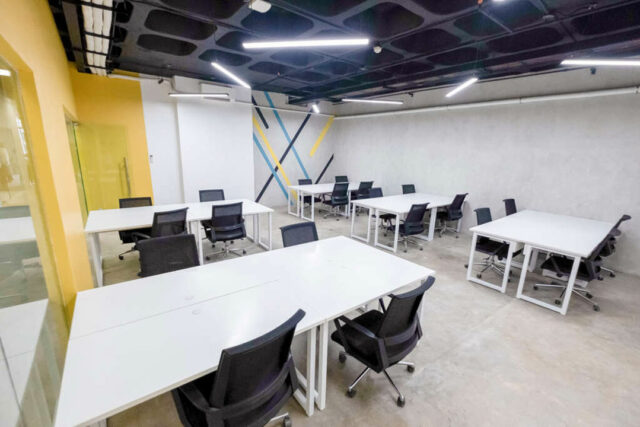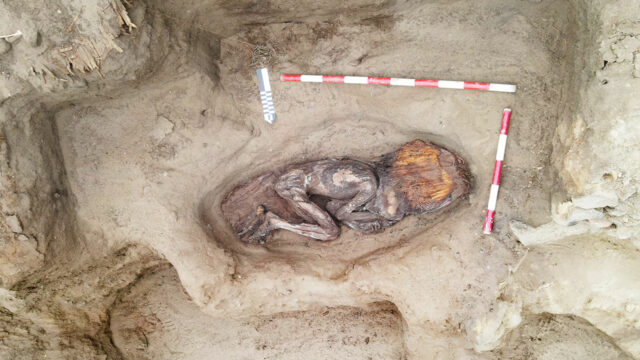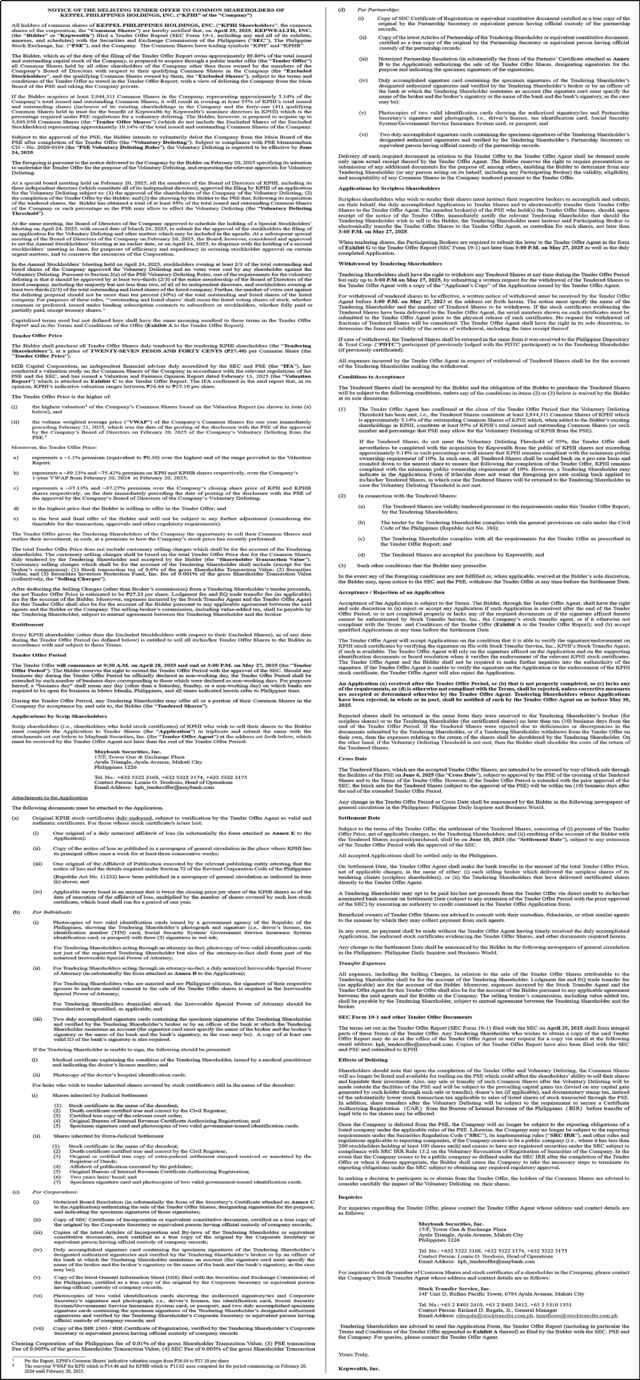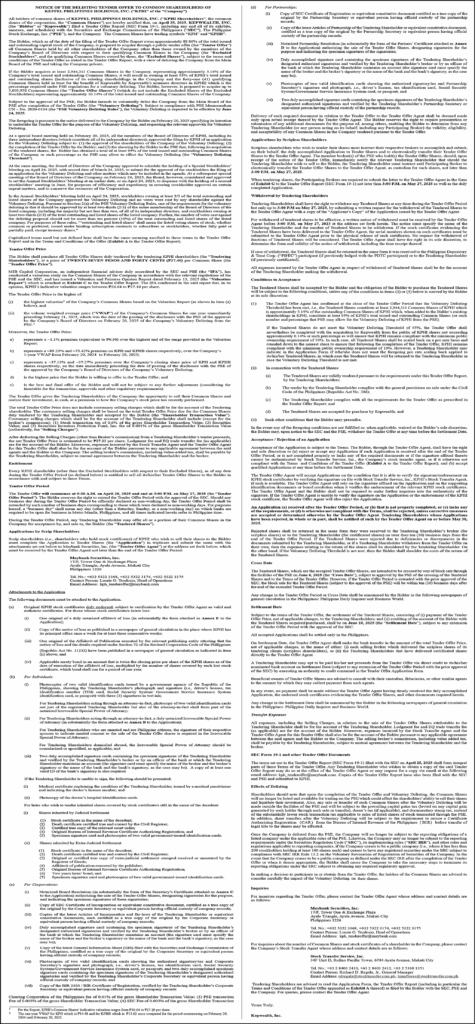Philippine banks seen resilient, stable amid potential tariff shocks
THE PHILIPPINE banking system is expected to be more resilient against shocks caused by the United States’ tariff policies compared to its neighbors, Fitch Ratings said.
“The imposition of tariffs will likely be negative, potentially more so for the likes of Vietnam and Thailand than is the case for the Philippines, where we view the banking system as exhibiting a degree of resilience and stability in terms of growth prospects,” Fitch Ratings Head of Asia-Pacific Banks Jonathan Cornish said on Money Talks with Cathy Yang on One News on Tuesday.
“It should be largely manageable, especially in the case of the Philippines, that’s reflected in Fitch’s neutral outlook for the Philippine banking system,” he added. “This means the banking sector’s business generation and financial prospects will remain “broadly similar in 2025 versus last year.”
US President Donald J. Trump earlier this month slapped “reciprocal” tariffs on its major trading partners. The Philippines was slapped with a 17% rate, the second-lowest in Southeast Asia.
However, the implementation of the reciprocal rates was suspended for 90 days, with countries currently subject to a blanket 10% duty.
Lingering uncertainties over the US tariff policies may be a “deterrent for business investment across the region, and that’s going to weigh on economic growth and hit banks’ growth prospects, albeit to varying degrees across the region,” Mr. Cornish said.
The potential economic impact of these changing tariff policies could also prompt the credit rater to revise its outlook on banking systems in the Asia-Pacific region, but this is less likely for the Philippines, he added.
“The threat of high tariffs increases the potential that we’ll revise the likes of Vietnam’s sector and look back to neutral. Thailand actually could move to deteriorating from neutral. We see less risk of change for the Philippines overall,” he said.
“If the tariff level remains lower, together with what is a relatively low single-digit exposure to US exports as a percentage of GDP (gross domestic product), then the Philippine economy and banking system should remain relatively stable.”
Mr. Cornish noted Fitch’s recent actions on major Philippine banks’ viability ratings, adding that these reflect their neutral view on the sector.
“Their viability ratings reflect our assessment of the price behind credit risk. And the credit rating outlook for the Philippine banks also remains the same,” he added.
In March, the credit rater hiked the country’s banking sector operating environment score to “bbb-” from “bb+.” All rated Philippine banks’ viability ratings were also revised one notch higher this month.
“The authorities in the Philippines including the Bangko Sentral ng Pilipinas (BSP) certainly have presided over relatively robust credit growth in recent years,” Mr. Cornish said. “We expect that to continue as genuine demand for credit to support robust economic growth, and which is likely to be aided by policy rate cuts in 2025 and 2026.”
The BSP resumed its easing cycle earlier this month with a 25-basis-point (bp) rate cut.
“But in the Philippines, rate cuts have not always weighed on bank net interest margins (NIMs) in the past. That’s partly to do with the nature of bank lending in the Philippines,” Mr. Cornish noted.
“We expect NIMs of the major commercial banks to narrow slightly. The same goes for our major banks, which are offering profit to risk-weighted assets, but this is on the back of double-digit total loans growth. So, overall bank earnings should really hold up in the Philippines.”
Bank lending rose by 12.2% year on year to P13.03 trillion in February, slower than the 12.8% expansion in January, which was the fastest in two years. — Luisa Maria Jacinta C. Jocson

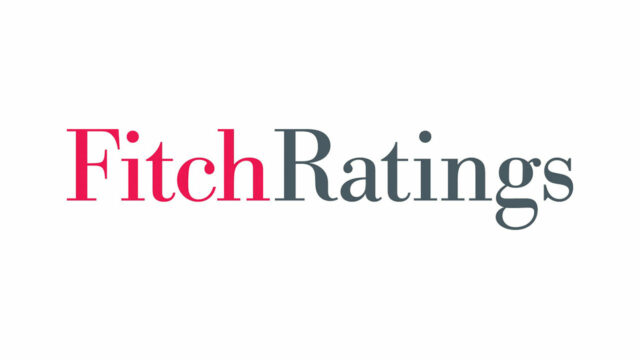



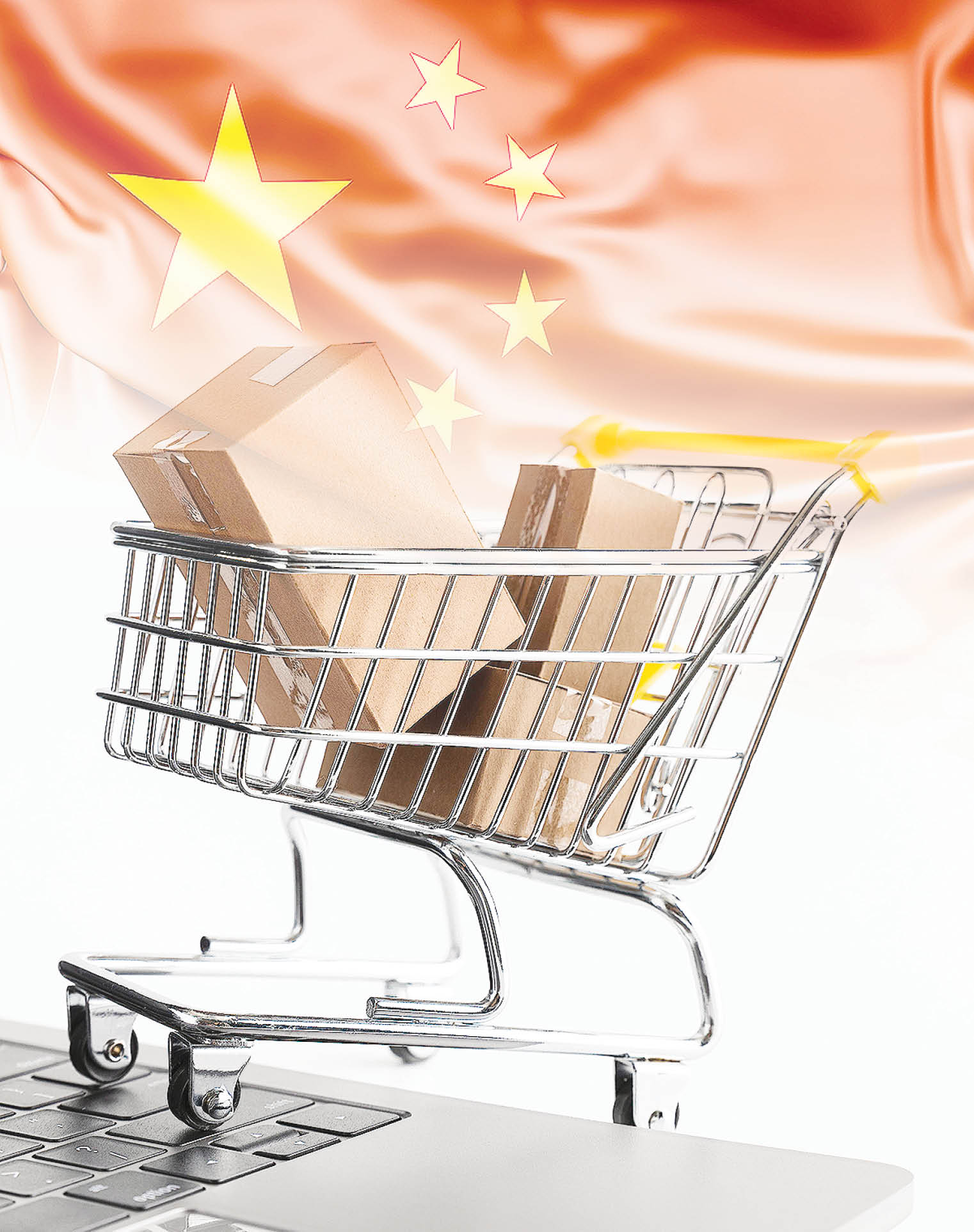

![BTr-Treasury-720p-3-1024x576[BW FILE PHOTO]](https://www.bworldonline.com/wp-content/uploads/2024/04/BTr-Treasury-720p-3-1024x576BW-FILE-PHOTO-640x360.jpeg)


